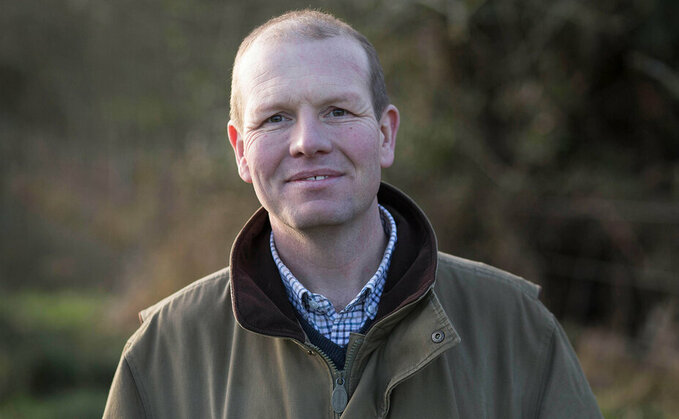
A recently leaked memo revealed that Johnson was looking at implementing a sector-by-sector ‘carbon tax' to encourage industries and organisations to reduce their emissions. This, it was suggested,...

A recently leaked memo revealed that Johnson was looking at implementing a sector-by-sector ‘carbon tax' to encourage industries and organisations to reduce their emissions. This, it was suggested,...
Donations pour in after Hertfordshire farmer revealed bill to clean-up land
Next Generation Hill Farmers is a series that aims to showcase the future of upland farming. Mathilda Allison is not from agriculture, but now helps to run an estate in the Scottish borders. Emily Ashworth finds out more
British agriculture was rocked to the core 25 years ago by the foot-and-mouth crisis. Have lessons been learnt at a time when the UK food supply chain is being compromised by illegal meat and cheap food imports?